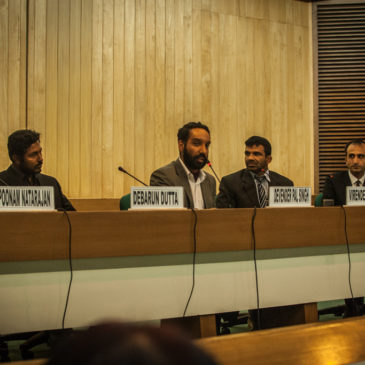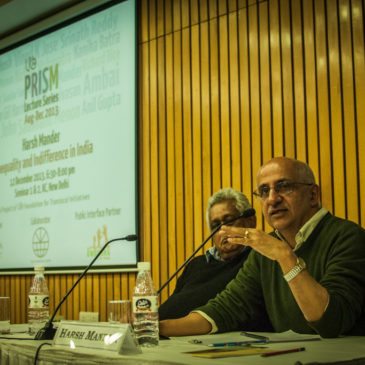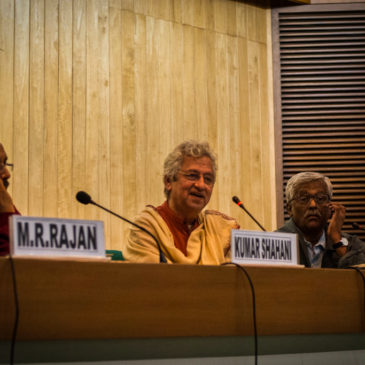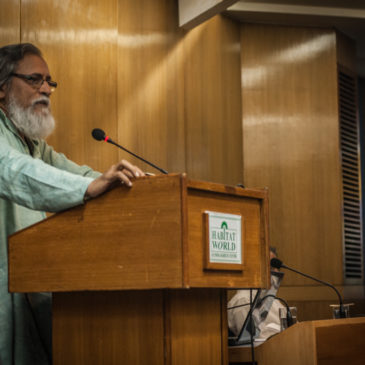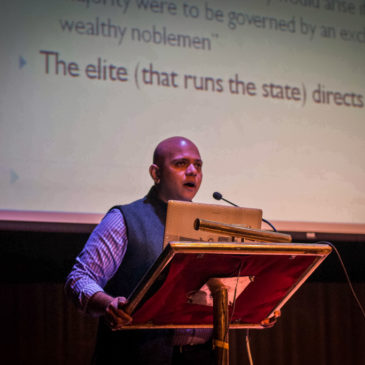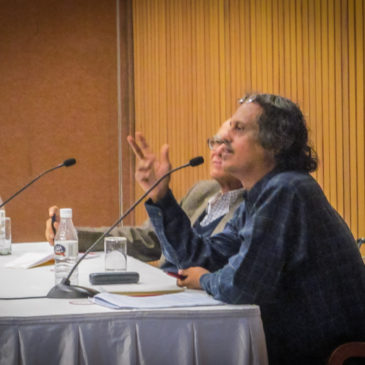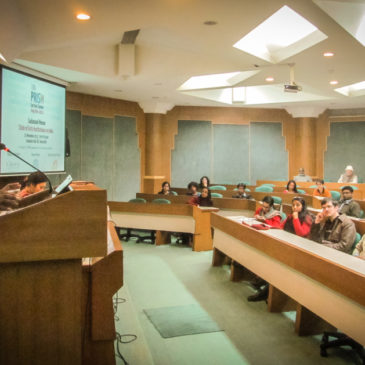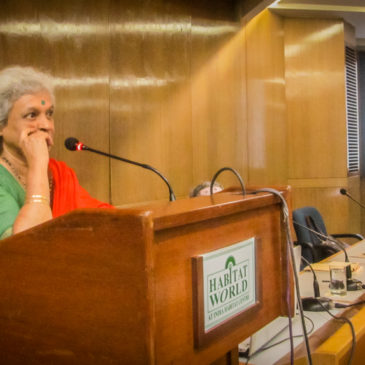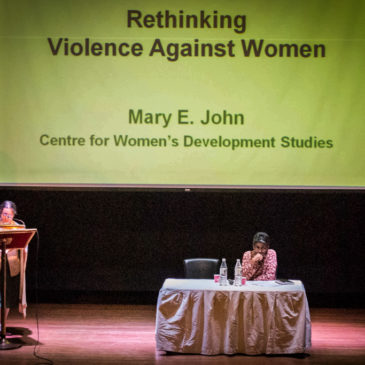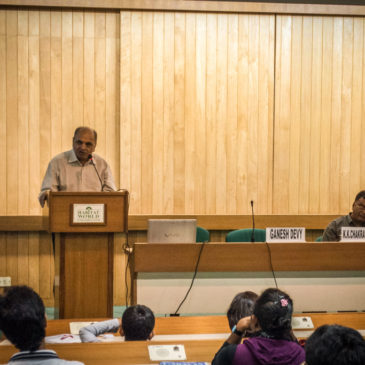“India Reimagined, Redefined and Reignited: A perspective on the grassroots, youthful creativity and innovation” discusses how India is constantly redefined by the forces contesting for domination of mind space, cultural scape and memoryscape. The more privileged one is, the more cynical one becomes. It seems that sustaining hope and reinforcing faith is a project undertaken by knowledge rich-economically poor people. This lecture will share ideas and insights gathered from shodhyatras (learning walks) throughout the country along with other volunteers of Honey Bee Network during the last 25 years, though in particular 16 years. One may ask why the image of the Indian society is so optimistic and reassuring when seen from the perspective of unaided, grassroots achievers, innovators and traditional knowledge holders. And yet why are the state and its various institutions so hesitant in engaging with these creative people? Perhaps, there is the fear of upsetting the apple cart, and their own imagination about the backward, unthinking working class at the grassroots? I will critique public policies which treat people as having only legs, mouth and hands, but no head, as attempted in the largest employment program MGNREGS. The idea of treating people as only a sink of assistance aid and advice, rather than sources of ideas, imagination and institutional vibrancy will be challenged herein. The experience at the Honey Bee Network, Sristi and Techpedia.in, GIAN (Grassroots Innovation Augmentation Network), and National Innovation Foundation, will of course be the backbone of the presentation.


